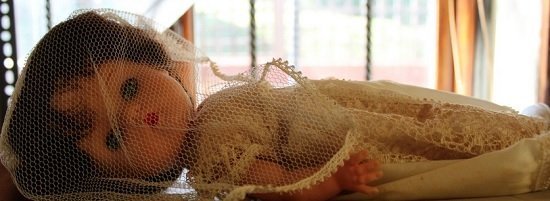It is important to check whether the dead person left any instructions about a funeral or cremation with relatives or friends, in a letter or with the Will. The person may have also left instructions about donating his body to be given for medical research or donating organs for transplantation. There may be a funeral plan or other arrangements in place.
If there is a Will, the executor has the right to decide whether the body will be buried or cremated, whether the Will expresses a particular wish or not. If there is no Will, the next of kin should decide. It is important to check whether the deceased has already made any arrangements for a funeral or had a funeral insurance policy
You do not have to wait until you have registered the death before arranging the funeral. Once the decision to bury or cremate the body has been made, you can start planning or discussing the arrangements with your funeral director. Once the death is registered, you can arrange for the appropriate form to be handed over to the funeral director. Funeral directors must have the appropriate death or cremation certificates before the funeral can take place.
The funeral director
You can make all the arrangements for a funeral yourself, but most people ask for assistance from funeral directors. When someone dies at home, a funeral director can be called to take the body to a chapel of rest or mortuary as soon as the doctor has certified the death. If someone dies in hospital, that person may rest in the hospital mortuary, or the funeral director will arrange for the body to be taken to a chapel of rest.
Funeral directors accept that relatives will seek quotations before they decide which firm to use. You should ask for a detailed description of costs when getting a quote and ask for the firm to put the quote in writing. There can be dramatic differences in prices and quality of service so it is best to shop around. Information can be found in the Yellow Pages or other business directories under the heading ‘funeral directors’.




